Mar 26 2019
That’s Not a Witch Hunt
 Every time I heard someone use the term “witch hunt” recently I was reminded of that quote from Indigo Montoya from The Princess Bride – “You keep using that word. I do not think it means what you think it means.” With the recent release of the Mueller report, many news outlets feel obliged to interview people on the street about their opinions. This is an inane practice that provides no useful information, just cherry-picks random opinions. Every single time I heard the term “witch hunt”, it was used incorrectly.
Every time I heard someone use the term “witch hunt” recently I was reminded of that quote from Indigo Montoya from The Princess Bride – “You keep using that word. I do not think it means what you think it means.” With the recent release of the Mueller report, many news outlets feel obliged to interview people on the street about their opinions. This is an inane practice that provides no useful information, just cherry-picks random opinions. Every single time I heard the term “witch hunt”, it was used incorrectly.
It’s not just random people who do not understand the term. Because Trump has used the term over 260 times and counting to refer to the Mueller probe, many political commentators have also been using the term – mostly incorrectly. Dana Milbank, for example, wrote in the Washington Post:
Just because Trump says something, however, doesn’t automatically mean it’s wrong. The treatment of Trump by special counsel Robert S. Mueller III and other investigators does have characteristics of a witch hunt. This is because Trump has characteristics of a witch.
So says a leading authority on the history of witchcraft, Thomas J. Rushford, history professor at Northern Virginia Community College in Annandale. In an anthropological sense, Trump “is really quintessentially a witch figure,” the professor tells me, and if what is happening to Trump is a witch hunt, “it is only in a good sense, that is, this is society policing the boundaries that they believe to be ethically and morally right.”
But there is no witch hunt “in a good sense.” This misunderstands the essence of what a witch hunt is. The logic here is that if Trump is analogous to a witch, then the investigation was a witch hunt. Or, on the other side, if Trump is innocent of collusion, then by definition the investigation to determine whether or not he is guilty is a witch hunt. One random interviewed person even said that because the probe found no evidence of collusion it was a “failed witch hunt.”

 Marcelo Gleiser is an astrophysicist and science popularizer. I have not read any of his works previously and was therefore not familiar with him. He recently won
Marcelo Gleiser is an astrophysicist and science popularizer. I have not read any of his works previously and was therefore not familiar with him. He recently won 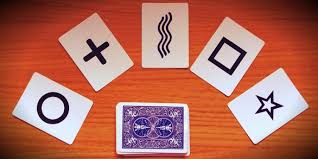 One of the core concepts in my book,
One of the core concepts in my book, 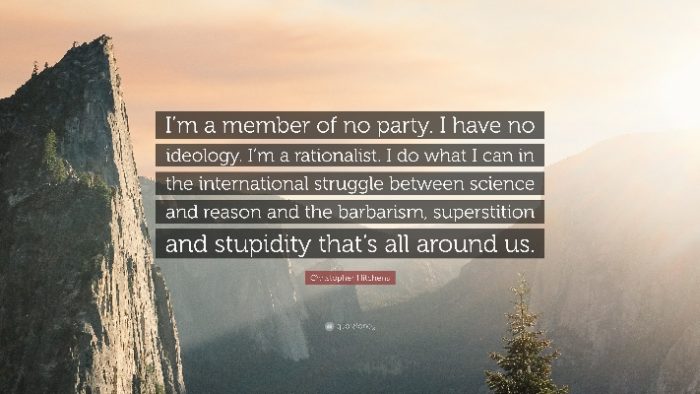 The skeptical movement has always struggled with some unavoidable ironies. We are like a group for people who don’t like to join groups. We actively tell our audience not to trust us (don’t trust any single source – verify with logic and evidence). Our belief is that you really should not have beliefs, only tentative conclusions. Essentially, our ideology is anti-ideology.
The skeptical movement has always struggled with some unavoidable ironies. We are like a group for people who don’t like to join groups. We actively tell our audience not to trust us (don’t trust any single source – verify with logic and evidence). Our belief is that you really should not have beliefs, only tentative conclusions. Essentially, our ideology is anti-ideology.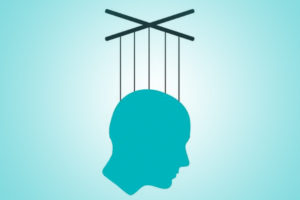 Do we have real free will, and perhaps more importantly, what are the moral implications of belief in free will? These are interesting questions that are sure to prompt vigorous debate when they come up.
Do we have real free will, and perhaps more importantly, what are the moral implications of belief in free will? These are interesting questions that are sure to prompt vigorous debate when they come up.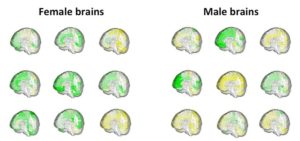 There is a seemingly endless debate about whether or not, and how, male and female brains differ. This is also an extension of the also endless nature vs nurture debate.
There is a seemingly endless debate about whether or not, and how, male and female brains differ. This is also an extension of the also endless nature vs nurture debate. A recent
A recent 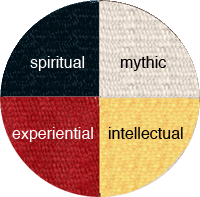 Science and the enlightenment are under assault from many directions, and in many incarnations, but they all tend to boil down to the same basic idea – other ways of knowing, and a rejection of the rigorous academic standards typified by science and scholarship.
Science and the enlightenment are under assault from many directions, and in many incarnations, but they all tend to boil down to the same basic idea – other ways of knowing, and a rejection of the rigorous academic standards typified by science and scholarship. When you are a celebrity billionaire, your Twitter rants tend to garner media attention. Elon Musk recently unleashed his true feelings about the media in a
When you are a celebrity billionaire, your Twitter rants tend to garner media attention. Elon Musk recently unleashed his true feelings about the media in a 




